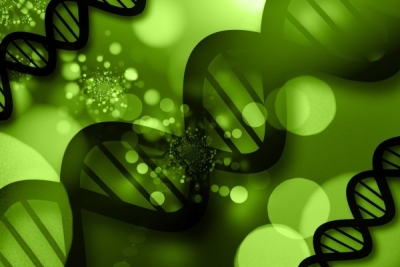Differences in alcohol consumption are a reflection of the wide variability in lifestyle, behavior and social norms that influence drinking. The heredity for drinking behavior, as well as for abuse and dependence, is complex and involves multiple genes, each contributing to different aspects.
The genetic basis related to this behavior in humans has been studied in recent years. Twin studies were the first to show the role of genetics in alcohol use disorders (1). A survey of Australian twins, for example, found a heritability estimate of 64%; another twin study reported that heritability estimates can range from 40% to 70%. Finally, a meta-analysis of twin and adoption studies over the last 35 years showed that about 50% of alcohol use disorders are hereditary. Although genetic factors play an important role in the development of alcohol use disorders, data indicate that other risk factors such as environmental and gene-environment interactions also contribute significantly to the emergence and persistence of these disorders.
Recently, the journal Nature published one of the largest studies on the subject (2). The research found more than 800 genetic variations linked to the amount of alcohol consumed per week.
The study, which also found more than 2,400 genetic associations linked to tobacco consumption, analyzed the genomes of more than three million people who participated in 60 studies in the United States, Australia and Europe. Most participants (80%) were of European descent, with 20% being of African, North and South American, and East Asian descent.
One of the new associations found, for example, was between a gene called ECE2, which is involved in the development of the cerebral cortex as well as in the processing of several neuroendocrine peptides, and which may also have a role in the processing of β-amyloid, a protein linked to Alzheimer's disease. This gene is also involved in the processing of neurotensin, a molecule that regulates dopamine signaling, a neurotransmitter involved in the reward system and which can cause addiction.
Excessive alcohol consumption and alcohol-related disorders are clearly major public health problems. Although alcohol consumption is an age-old and multicultural habit, drinking abusively can pose a number of health hazards. Alcohol is responsible for 5.3% of deaths worldwide and 5.1% of the global burden of disease (3). However, the morbidity and mortality associated with alcohol use is caused not only by dependence, but, to a large extent, by the amount and pattern of use.
Thus, understanding both the biological factors and the social, personal and environmental factors that influence these disorders is essential to develop public prevention policies, as well as to enable more efficient treatments for each individual.











